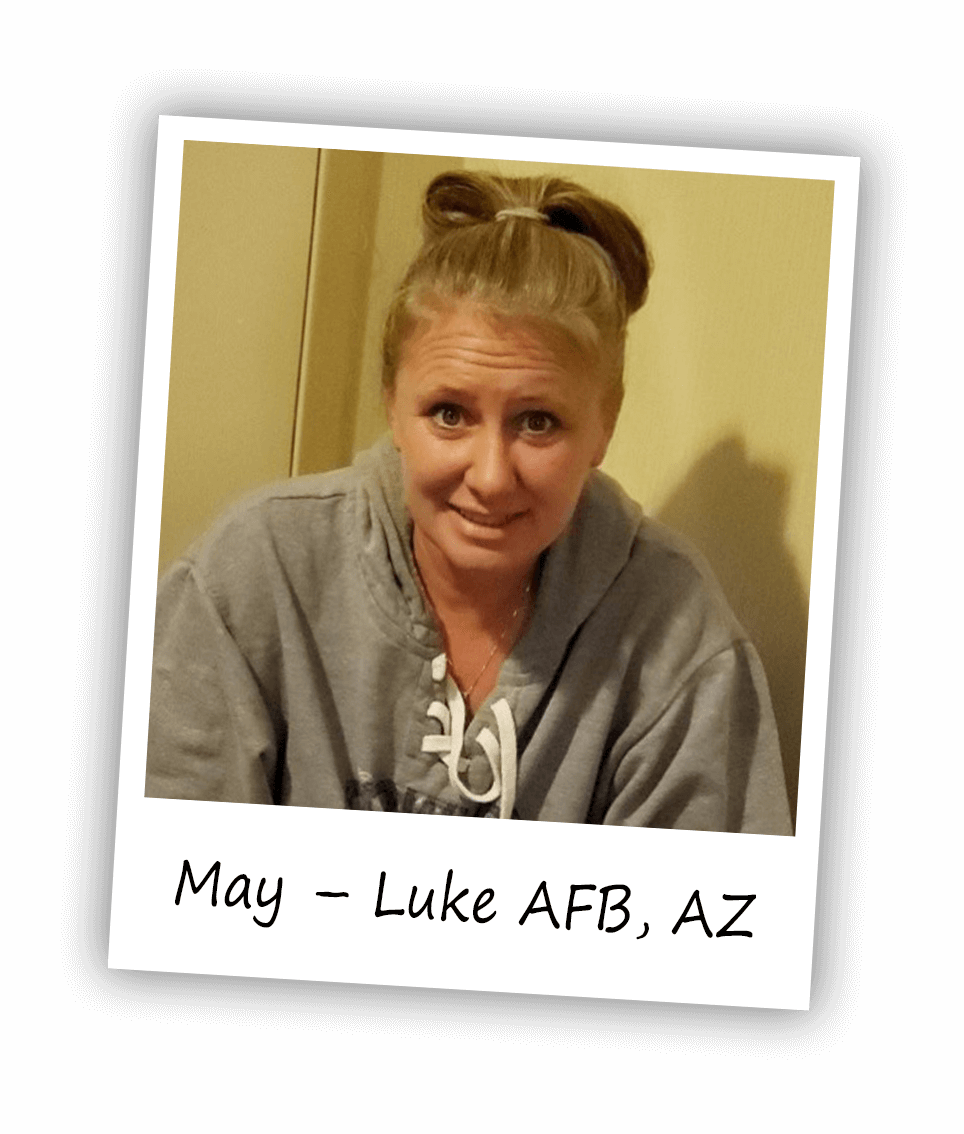Build Your Emergency Fund Step by Step
Build Your Emergency Fund Step by Step

Life, especially military life, can be very difficult at times and you may have unexpected expenses pop up – so an emergency fund is so important! Our rule is to take six months’ worth of bills and put it into a savings account that you do not utilize.
In our early days we didn’t see where we could scrape even an extra $10. We started by saving coins in a small jar, and they added up! When the jar was full, instead of spending it, we opened a savings account and deposited it there. My bank has a program that takes a set amount and automatically transfers it each month from our checking straight to our emergency fund. At first, we were concerned that we would really need that money. Now, I hardly notice the money moving over and am watching our emergency fund grow – $8 at a time. I even decided to set up this emergency fund account through a bank I don’t access too often so I’m not tempted to buy anything with our emergency fund savings!

MilSpouse Money
Mission Response:
Great suggestions, May! Who hasn’t had to deal with unplanned vehicle repairs, a broken appliance, job loss, or another unforeseen event? Everyone can relate to scenarios like this. Like May and her family, start where you are and prioritize putting money aside in an emergency fund. Financial experts recommend keeping three to six months’ worth of living expenses saved in an easily accessible account, like a savings or money market account. Start by saving $1,000 and then make regular contributions until your reach your goal. May uses the power or automatic contributions to hit her savings goals! After reviewing your monthly spending plan, decide how much you can send to your emergency fund each month and automate it. You’ll be happy to see your balance grow over time! Remember, an emergency fund helps you save money by avoiding interest charges that come along with consumer debt, like credit cards.
Remember, your emergency fund is for emergencies. Save separately for goals like vacation and entertainment. You can even open separate accounts for different goals, if that helps you organize and keep track of your money. If you do have to dip into your emergency fund, be sure to replenish it as soon as possible.

